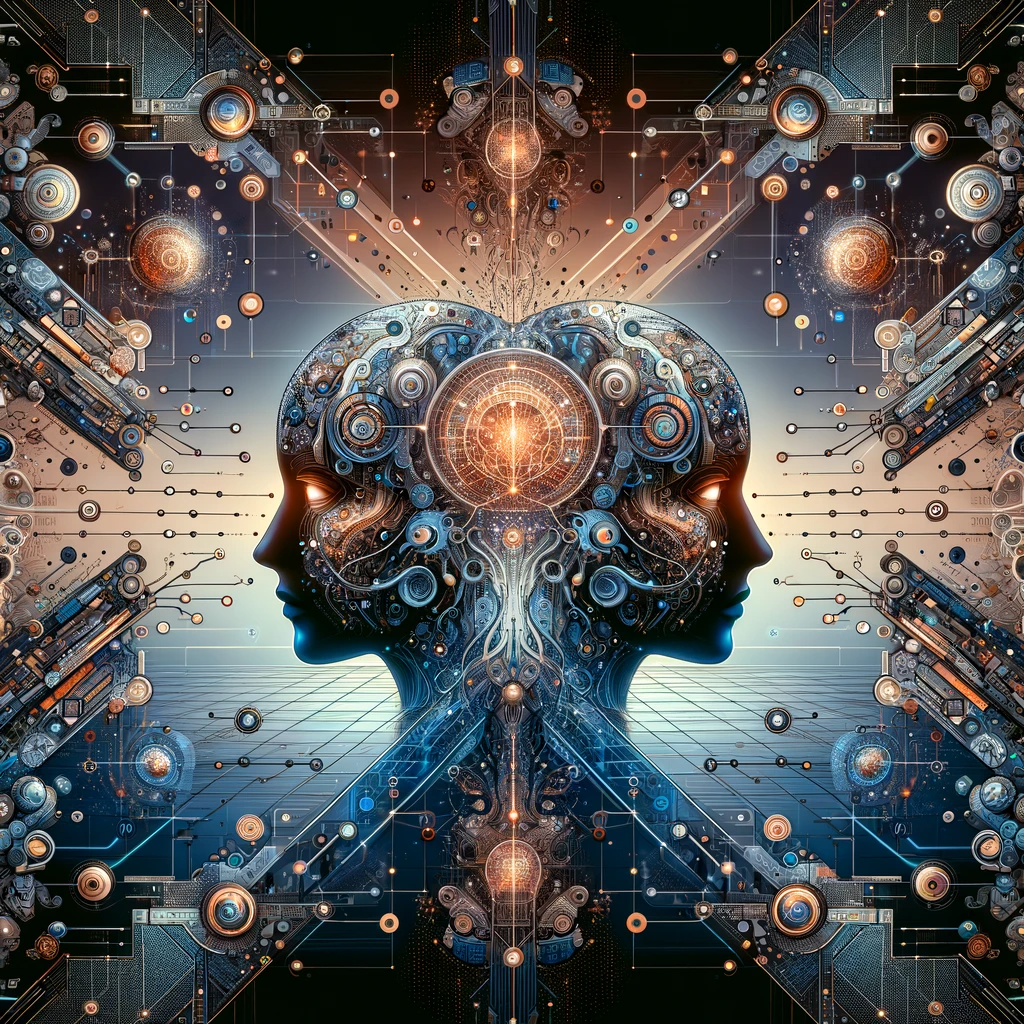Introduction
We stand at the precipice of a sweeping sociotechnical transformation, with artificial intelligence (AI) advancing at an unprecedented pace heralding an AI Renaissance. As AI proliferates across industries, a comprehensive roadmap is necessary for cultivating nuanced literacy and ensuring responsible development and deployment.
This expansive guide provides a multifaceted learning pathway for contextualizing AI’s current capabilities and limitations, while appreciating the profundity of its potential impact on technology, business, governance and humanity itself.
Understanding the AI Renaissance
The present exponential growth in AI constitutes a veritable renaissance. Beyond surpassing human capabilities on narrow tasks, advanced models like DALL-E 3 and ChatGPT foreshadow artificial general intelligence (AGI) rivaling broader human cognition.
The societal implications of human-level AI over the coming decades are immense. Constructing sophisticated mental models for charting AI’s future trajectory across domains is an imperative for leaders in technology, business, policy and beyond.
Why Comprehensive Literacy Matters
As AI progresses, no individual, organization or institution remains untouched by the emergence of new possibilities and ethical quandaries.
Developing genuine literacy empowers citizens for informed, nuanced dialogue on epoch-defining technologies. It enables participatory assessment of current capabilities versus long-term potential, limitations around data and biases, and formulating policy protecting social good.
Multi-faceted Pathway to Literacy and Impact
Foundational Competencies
Achieve expertise in mathematics, statistics, Python, Git, cloud platforms, full-stack programming and machine learning ops.
Explore intersections with cybersecurity, IoT, quantum computing and other emergent fields.
Theoretical Grounding
Objectively survey limitations around data quality, algorithmic bias, model interpretability, adversarial attacks and AI safety. Appreciate the mathematical underpinnings of techniques like convolution, transformers, reinforcement learning and federated learning.
Closely follow discourse around the alignment problem and value alignment as pertains to artificial general intelligence. Maintain realistic expectations by continually re-assessing capabilities against hype across diverse domains.
Sociotechnical Perspectives
Follow emerging discourse at the intersection of technology and fields like psychology, healthcare, law, political science, art, education and philosophy. Appreciate nuances from global variances in AI ethics, interpretation, regulation and application based on regional cultures and values.
Foster relationships with interdisciplinary academics and policy experts to exchange perspective. Attend conferences bridging technology with social sciences and humanities.
Innovation with Responsibility
Lead by example in demonstrating ethical, community-minded innovation. Develop solutions proactively addressing algorithmic bias; practicing rigorous transparency and oversight around data sharing and privacy.
Mentor students from disadvantaged backgrounds interested in technology. Advocate for governance maximizing widespread benefit from AI while minimizing downsides.
Cultivating an Interdisciplinary, Empathetic Mindset
To fully appreciate and prepare for AI’s intricate, multidimensional effects spanning technology, business, policy, and society — sustain an empathy-driven curiosity targeting lifelong learning across disciplines.
Seek broad contextual perspectives for enriching your mental models — from history, multicultural philosophies and humanistic schools of thought. Maintain an open, curious, and humble mindset as the sociotechnical landscape progresses.
Conclusion
The AI renaissance presents immense possibility along with profound responsibility. As this guide has shown, cultivating comprehensive literacy empowers leaders across technology, business, governance and culture to steer these sociotechnical transformations toward positive impact.
Yet the pathway forward remains actively undetermined. The future will be shaped by those willing to dedicate themselves to lifelong learning across disciplines. To ethically champion progress that uplifts humanity, we must sustain an empathy-driven curiosity and orient our mental models toward moral imagination.
The choices made today will reverberate for generations. By recognizing AI’s intricacies and our shared humanity, we can collaboratively forge a future aligned with wisdom drawn from history, philosophy and the common yearning for justice, empowerment and human flourishing. We have the rare privilege of participating in epochal change – and with this, the solemn duty to infuse emerging realities with moral vision and courage.


